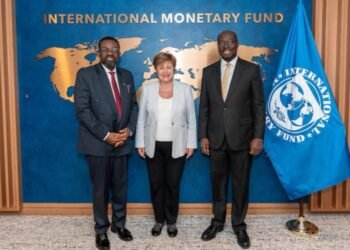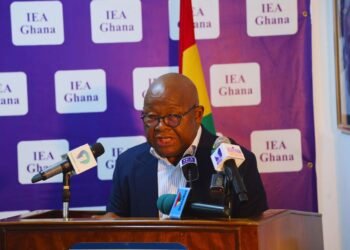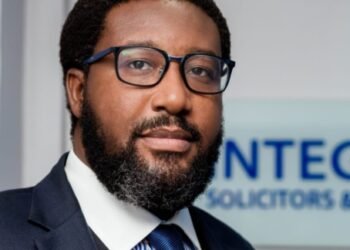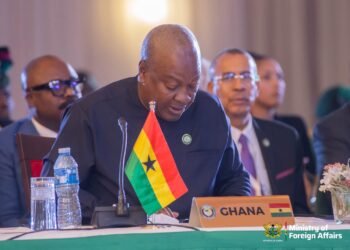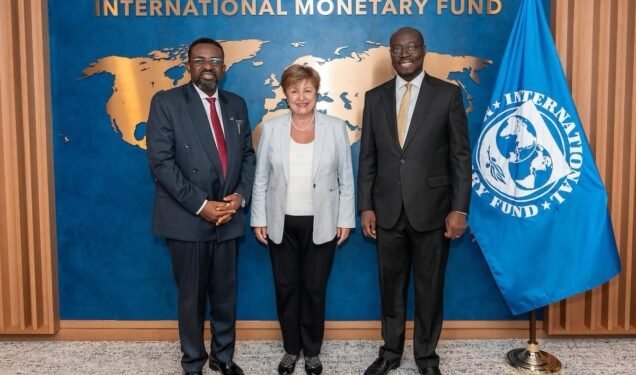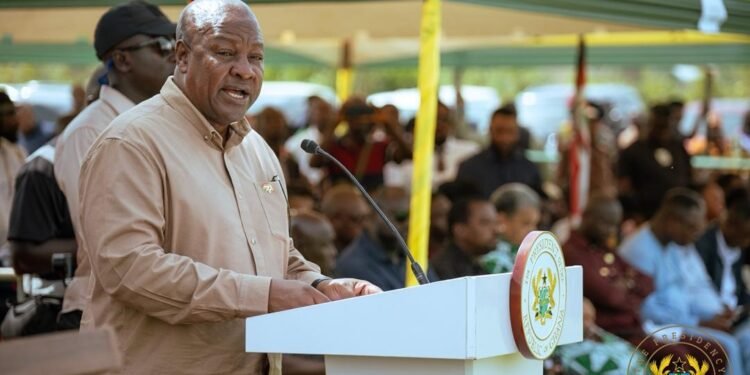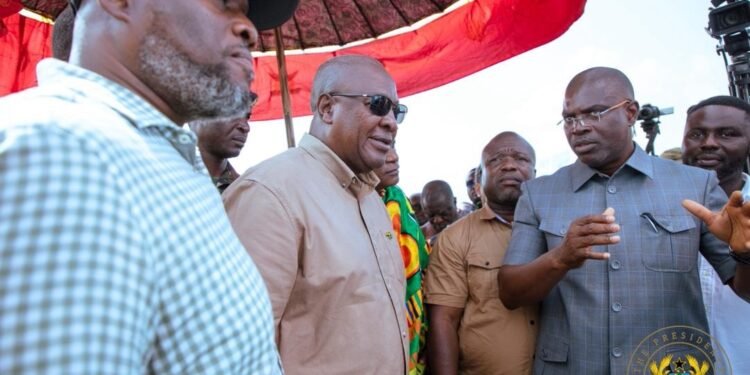President Volodymyr Zelenskyy has unveiled his “Victory plan”; a five-point plan, which urges allies to lift restrictions on the use of long-range weapons on military targets inside Russia and to help increase air defences.
Central to this plan is the call for an “unconditional invitation” to NATO, which Zelenskyy believes would signal Ukraine’s rightful place in the global security architecture and demonstrate to Russia that its geopolitical ambitions are failing.
Speaking with the Vaultz News, Mr. Henry Osabutey; a Human rights, Peace and Conflict studies Expert, emphasized the need for diplomatic engagement in Ukraine’s approach.
He described the Victory Plan as “very ambitious” reflecting Ukraine’s aim to bring the war to a decisive conclusion while preserving its sovereignty.
He stated that by focusing on military fortification and an invitation to NATO, Ukraine seeks both immediate and long term security.
“As a peace expert, I recognize that while Ukraine has every right to defend its territory, the success of this plan will much depend on diplomatic engagement with both NATO and Russia alongside the military actions.”
Henry Osabutey
While NATO countries have recognized Ukraine’s “irreversible path” to membership, the U.S. and Germany oppose immediate entry, fearing it would effectively put the alliance at war with nuclear-armed Russia.
Last week, NATO Secretary General, Mark Rutte reiterated that while Ukraine’s future membership is assured, the timeline remains uncertain.
According to Osabutey, NATO’s hesitance to offer immediate membership reflects a calculated effort to avoid any direct conflict with Russia, which could have far-reaching consequences, including escalating tensions into larger war involving nuclear powers.
He added that NATO’s current stance impacts Ukraine’s military strategy by limiting the support it can receive in critical areas such as air defense and long range strikes.
Nonetheless, the Expert suggested that Ukraine must continue building stronger bilateral alliances with NATO whilst understanding the broader alliances with cautious approach. “The situation is a reminder that even in modern conflict, geopolitical considerations often outweighs immediate military needs,” he noted.
Also, he stated that if an unconditional invitation to join NATO were to be given to Ukraine, it will be a significant security guarantee for the warring country, adding that it will be a signal that it has a backing of the world’s most powerful military alliance.
However, he added that Russia would likely view an unconditional NATO invitation to Ukraine as a direct threat, escalating both its rhetoric and military actions.
“We would probably see intensified strikes in Ukraine. We’ll see cyber attacks on NATO members or further destabilization effort in the regions like the black sea or even Africa where Russia seeks to exert influence through the Wagner mercenaries.”
Henry Osabutey
He stressed that Ukraine must be prepared for these escalations, “understanding that NATO membership might trigger a more aggressive Russian stance before it deters one.”
The plan’s main elements also include a refusal to cede more Ukrainian territory.
When asked if it is possible for Ukraine to achieve a lasting peace without compromising on territorial integrity, Osabutey remarked that from a human rights and conflict resolution perspective, peace without compromising on territorial integrity is an ideal outcome, especially given the principles of self determination and sovereignty.
However, he added that history shows that lasting peace often “requires difficult compromises.”
“While Zelenskyy’s stance is admirable, there may come a time when Ukraine, in consultation with its allies, might consider limited concessions to secure broader regional stability.
“As I’ve seen in other conflict across Africa, achieving peace often involves weighing territorial claims against the human cost of continued war.”
Henry Osabutey
He acknowledged that it’s a very delicate balance, “but the preservation of lives and the rebuilding of society should always be the ultimate goal.”
U.S Leadership To Impact Support for Ukraine

As U.S election nears, Osabutey commented on the potential changes in U.S. leadership and its implications on NATO support for Ukraine.
He noted that US leadership plays a very crucial role in NATO’s stance and overall western support for Ukraine.
He expressed concern that a second Trump term could upend the support Ukraine receives from NATO’s biggest power.
“If Donald Trump were to return to office, his stance could weaken support for Ukraine. This would probably lead to more pressure for peace negotiation or concessions. On the other hand, Kamala Harris might continue the current policy of strong support, maintaining sanctions on Russia, and providing military aid to Ukraine.”
Henry Osabutey
He added that the “uncertainty around US leadership” has an “additional layer of unpredictability” for Ukraine’s military and diplomatic strategies.
In summary, the insights shared by Henry Osabutey highlight the need for diplomatic engagement in Ukraine’s strategy amid its ongoing conflict.
The looming U.S. election introduces uncertainty that could significantly influence NATO’s support for Ukraine.
Whether under a second Trump administration or leadership by Kamala Harris, the future of U.S. involvement remains a pivotal factor.
Ultimately, Osabutey’s analysis underscores that Ukraine’s success will depend not only on military readiness but also on the ability to navigate complex international relations amid shifting political tides.
READ ALSO: Sinwar’s Killing Deemed Opportunity For ‘Day After’ In Gaza




